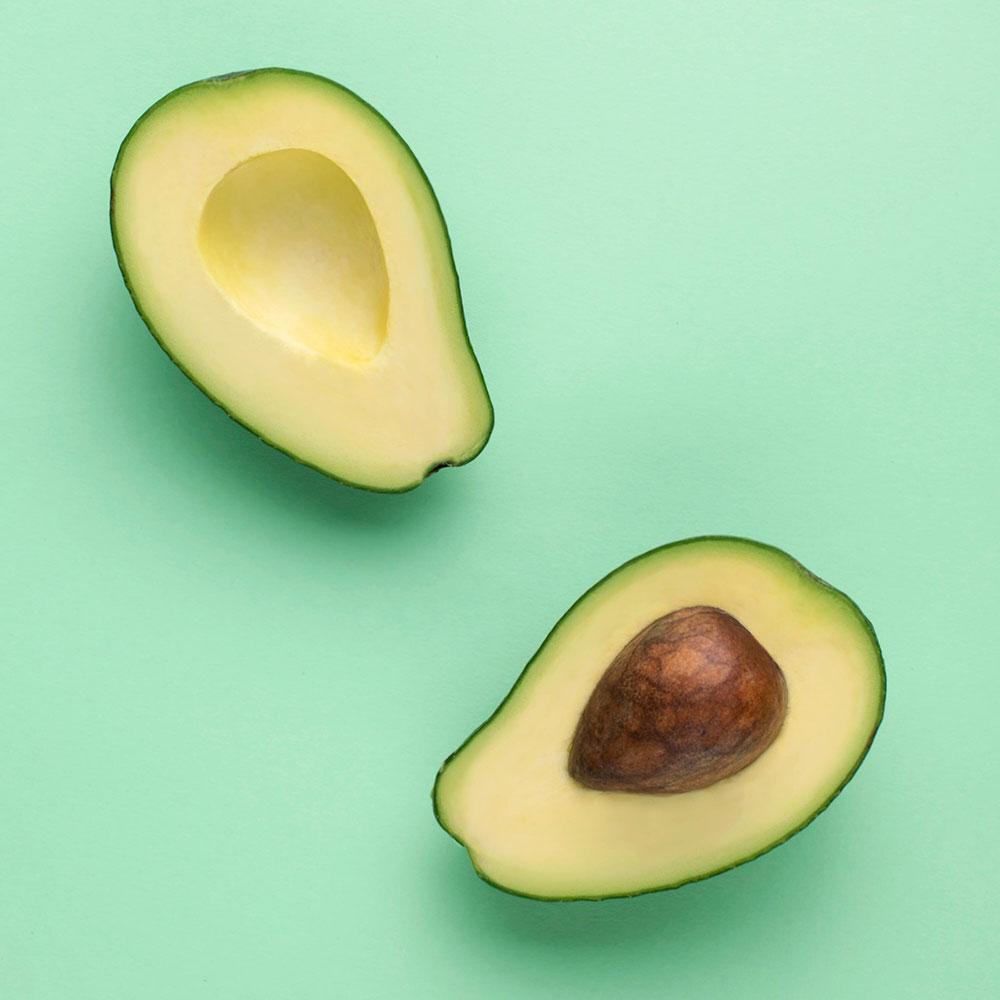The ketogenic diet (also known as keto) is back in vogue, with celebrities and influencers touting its benefits for weight loss and diabetes management. Keto cookbooks and “fat bombs” are all the rage on social media, but does the keto diet actually work, and is it safe? Keep reading for a dietitian’s take on the keto diet.
What is the ketogenic diet?
The ketogenic diet is a low-carbohydrate, high-fat diet first used in the 1920s as a treatment for epilepsy in children. The macronutrient composition of the diet is approximately 70% fat, 10-20% protein, and 5-10% carbohydrate. This is a complete departure from the recommendations from the Dietary Guidelines for Americans, which recommend 20-35% of total calories come from fat, 10-35% from protein, and 45-65% from carbohydrates.
How does the ketogenic diet work?
The ketogenic diet’s combination of high fat intake and carbohydrate restriction causes the body to enter into ketosis, a metabolic state in which your body uses fat, rather than carbs, as its primary source of fuel. Carbohydrates break down into glucose, the body’s preferred energy source.
When glucose becomes unavailable, the body metabolizes and breaks down fat for fuel. This, in turn, signals the liver to produce compounds from fat called ketones, which are used as an alternative energy source.
What are the risks and benefits of the ketogenic diet for your health?
The increasing popularity of the ketogenic diet warrants investigation into the long-term health effects of the diet and whether the diet is sustainable for weight loss. Studies have shown that some individuals on the ketogenic diet initially experience rapid weight loss in the first 1-2 weeks. However, this rapid weight loss is often due to water weight, as ketones act as a diuretic.
However, the keto diet might be more appealing for some as fatty foods are highly palatable, and they can help you keep feeling fuller longer. These two factors may make the diet easier to stick to! The ketogenic diet has also been shown to yield short-term health benefits, such as improvements in insulin resistance, high blood pressure, elevated cholesterol, triglycerides, and HDL levels, known as the “good” cholesterol.
Even if the diet is easier to stick to and may have short-term benefits, it is not without risk. Some potential long-term side effects include hepatic steatosis, hypoproteinemia, kidney stones, osteoporosis, and increased risk for gout. Vitamin and mineral deficiencies can also occur, as the keto diet excludes many different food groups. Additionally, one study found that even the short-term effects faded after one year and that the keto diet did not produce weight loss or other benefits that were different from conventional weight loss diets.
Things you need to know before you go keto
In order to fully induce ketosis, you would need to strictly adhere to the diet’s ratio of fat, carbohydrate, and protein. In reality, such a restrictive diet can be challenging to follow, and eating more carbohydrates or protein than the diet allows will inhibit the process of ketosis.
Additionally, if you are hoping to lose weight on the keto diet, it’s still important to be mindful of your calorie intake. When you eat high-fat foods on the keto diet, your body will also use the fat you consume as energy. So if you are eating a very high-fat and high-calorie diet, regardless if you are in a ketotic state, your body will utilize both what you just ate and your fat reserves. This may affect the degree of weight loss depending on your overall caloric intake.
Furthermore, it is important to be mindful of the types of fats you are consuming. Limit the amount of saturated and trans fats, and instead opt for unsaturated fats, such as olive oil, avocados, salmon, nuts, and seeds.
Be aware of the side effects. When you first start the diet, you may experience nausea, vomiting, diarrhea, constipation, headache, fatigue, dizziness, and insomnia. This is known as the keto flu. Keto flu symptoms eventually subside as you continue the diet.
Ultimately, we recommend talking to your dietitian to see if keto is right for you. Keto is contraindicated for some people, and certain at-risk individuals should avoid the diet or do it under the close supervision of a medical team. Individuals with diabetes are at higher risk for a life-threatening condition called ketoacidosis. If taking insulin or oral hypoglycemic medications, be sure to have these medications appropriately dosed by a physician prior to starting the diet to avoid the risk of developing severe hypoglycemia.
The keto diet is also contraindicated in certain diseases, including pancreatitis, liver failure, and disorders of fat metabolism. As previously mentioned, the diet excludes various food groups, which may put you at a higher risk of nutritional deficiencies. It’s also important to remember that lifestyle can impact the safety and effectiveness of the diet. More physically active people may find it difficult to maintain endurance and energy on the keto diet.
The bottom line
The Ketogenic diet can be beneficial for weight loss but comes with a variety of risks. The diet is also difficult to sustain and requires a lot of discipline and restriction. In terms of quality of life, a highly restrictive diet may impact the joy of eating, leading to disordered eating, a strained relationship with food, and even eating disorders. There are many ways to sustainably lose weight without sacrificing entire food groups.
Have more questions about the keto diet? At Culina Health, we provide personalized nutrition care with a registered dietitian nutritionist that’s covered by insurance. Get started.






